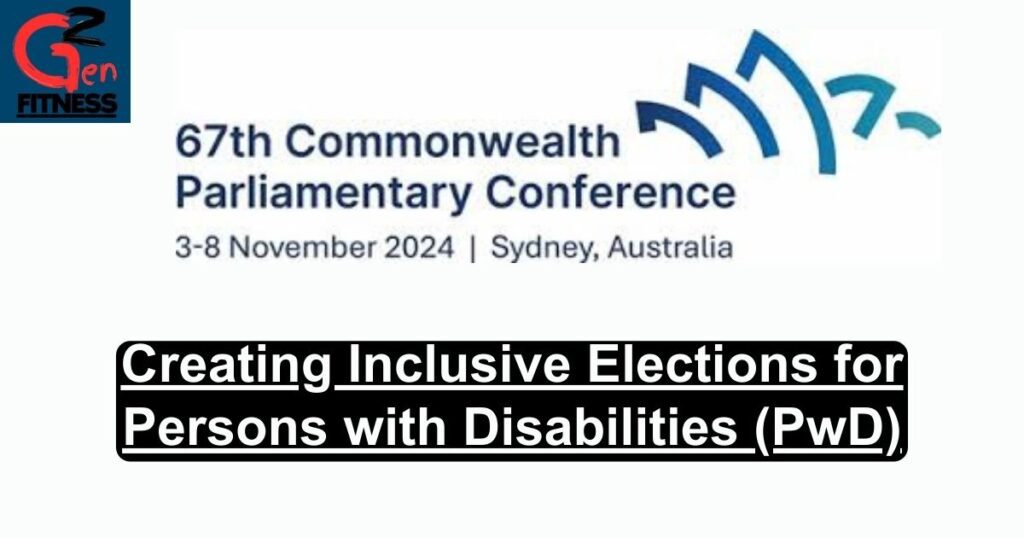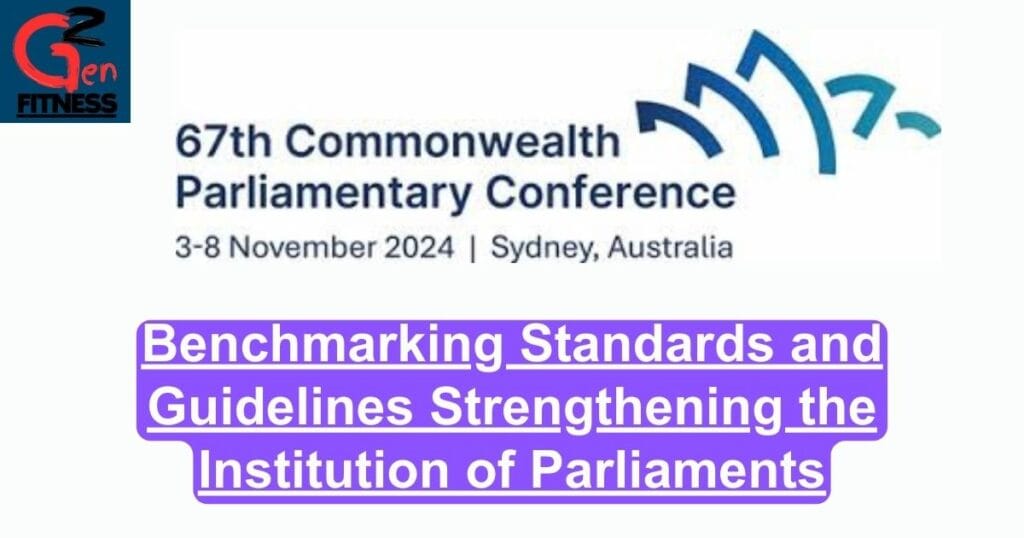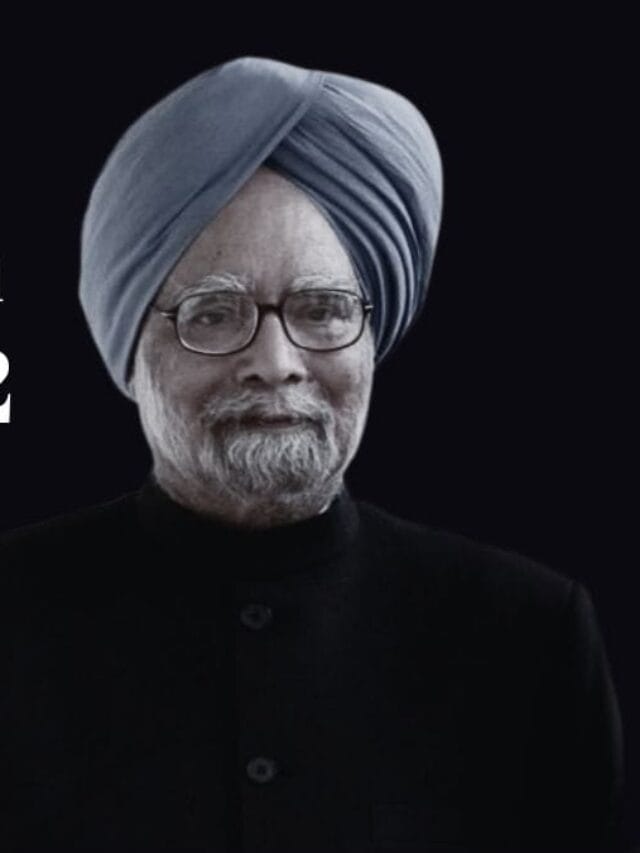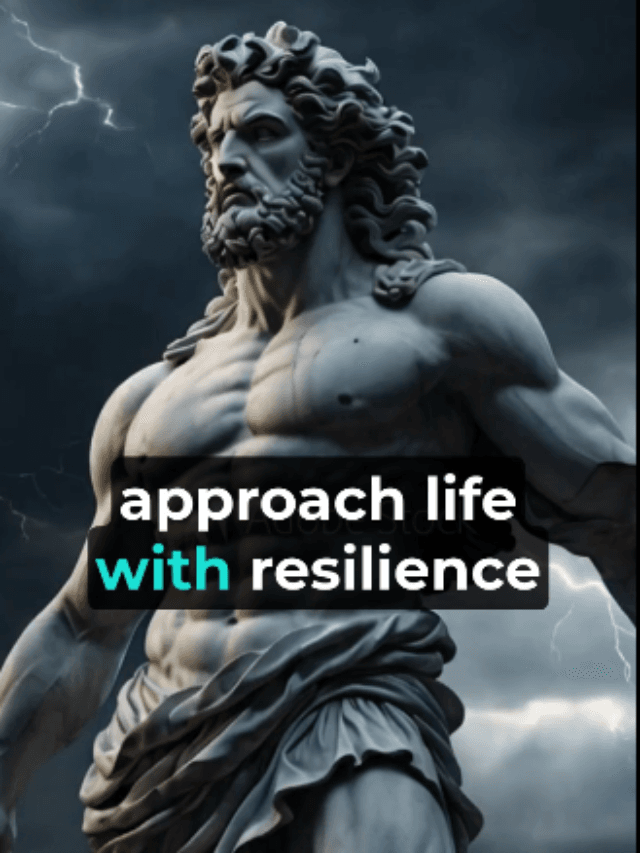

Workshop H: Creating Inclusive Elections for Persons with Disabilities (PwD)
Honorable Chair, distinguished colleagues, and esteemed guests,
It is an honor to address you today on an issue that is both a moral imperative and a cornerstone of democratic inclusivity—ensuring that elections are accessible, inclusive, and equitable for all citizens, including persons with disabilities (PwD).
In every society, the right to vote is a fundamental aspect of democratic participation. It is not just a right; it is the means through which citizens shape their governments, influence policy, and make their voices heard. However, for millions of people around the world, particularly those with disabilities, the ability to exercise this right is often obstructed by barriers that make it difficult or even impossible for them to participate fully in electoral processes.
Today, I want to discuss the importance of creating truly inclusive elections for persons with disabilities and how we, as legislators, policymakers, and advocates, can ensure that this crucial right is fully realized.
The Case for Inclusive Elections
As of today, more than 1 billion people—approximately 15% of the global population—live with some form of disability. This is not a small minority but a significant portion of society whose rights must be safeguarded. When electoral systems fail to account for the needs of persons with disabilities, they not only violate human rights but also undermine the very essence of democracy, which thrives on full and fair participation.
Inclusive elections ensure that no one is left behind. By removing barriers to participation, we affirm the principle that every citizen, regardless of their abilities, has an equal say in the future of their country. Inclusive elections are not simply about access—they are about equity, justice, and the recognition of the inherent dignity of all individuals.
Barriers to Participation
While the goal of inclusive elections is clear, the barriers to achieving it are numerous and complex. Persons with disabilities face challenges that often stem from a lack of awareness, inadequate infrastructure, and outdated policies.
1. Physical Barriers:
Many polling stations are inaccessible to individuals with mobility impairments. Steps, narrow doorways, or a lack of ramps can prevent people from even entering a polling place, let alone casting their vote. This is a clear violation of their right to participate in the democratic process.
2. Information Barriers:
Election materials, including ballots, instructions, and candidate information, are often not provided in accessible formats such as braille, large print, or easy-to-read language. Persons with visual or cognitive disabilities may be unable to understand the voting process or the choices available to them.
3. Communication Barriers:
For individuals who are deaf or hard of hearing, there is often a lack of sign language interpretation at polling stations or in voter education campaigns. Similarly, those with speech impairments may struggle to communicate their needs to polling officials.
4. Attitudinal Barriers:
Perhaps one of the most significant, though less visible, barriers is the perception that persons with disabilities are incapable of fully participating in elections. Discriminatory attitudes, ignorance, and a lack of training among election staff can lead to a dehumanizing experience for PwDs, who may feel marginalized or treated as second-class citizens.
Best Practices for Creating Inclusive Elections
The good news is that these barriers are not insurmountable. Around the world, countries are developing and implementing best practices that can guide us in creating inclusive elections for persons with disabilities.
1. Universal Design and Accessibility Standards:
One of the most effective ways to ensure that elections are accessible is to adopt the principle of universal design. This means that the physical infrastructure of polling stations should be designed in a way that is accessible to all citizens, regardless of their abilities. For example, polling stations should be equipped with ramps, wide entrances, accessible voting booths, and proper signage.
Election materials should be available in multiple formats to accommodate different needs. Voting machines, for instance, can be designed with tactile buttons, audio instructions, or screen readers that make it easier for persons with visual impairments to cast their votes independently.
2. Assistive Technologies:
In today’s digital age, assistive technologies offer a wealth of opportunities to make elections more accessible. Online voting platforms, for example, can be designed with accessibility features that allow persons with disabilities to vote from the comfort of their homes. Voice recognition software, screen readers, and mobile applications can further empower persons with disabilities to engage in the electoral process.
These technologies are particularly important in reaching individuals who may face multiple barriers to participation, such as those living in remote areas where accessible polling stations are scarce.
3. Voter Education and Outreach:
Creating inclusive elections goes beyond physical access. It also requires comprehensive voter education and outreach efforts that target persons with disabilities. Governments and electoral commissions must ensure that voter education materials are provided in accessible formats—whether that’s in braille, sign language, or easy-to-read materials.
Additionally, outreach programs should actively engage persons with disabilities and their advocacy organizations in the planning and execution of elections. By involving PwDs in decision-making processes, we can better understand their needs and ensure that electoral systems are designed with their participation in mind.
4. Legal Protections and Policy Frameworks:
Inclusive elections are impossible without strong legal protections. Parliaments must pass and enforce legislation that guarantees the right of persons with disabilities to participate in elections. This includes ratifying international treaties such as the United Nations Convention on the Rights of Persons with Disabilities (CRPD), which requires signatory countries to ensure full political participation for PwDs.
National electoral laws should explicitly prohibit discrimination against persons with disabilities and establish clear guidelines for the accessibility of voting procedures, facilities, and materials. Moreover, policies should mandate the training of election officials on disability rights and how to assist voters with disabilities in a respectful and empowering manner.
A Collaborative Effort: Government, Civil Society, and PwDs
Creating inclusive elections for persons with disabilities is not the sole responsibility of governments or electoral bodies. It is a collaborative effort that requires the active participation of civil society organizations, disability rights advocates, and persons with disabilities themselves.
Civil society organizations play a critical role in monitoring elections, advocating for the rights of PwDs, and holding governments accountable. At the same time, persons with disabilities should not only be viewed as beneficiaries of inclusive policies but as active participants and leaders in the process of creating change. Their lived experiences provide invaluable insights that can inform policy reforms and guide the development of more accessible election systems.
Conclusion: A Vision for Inclusive Democracy
In conclusion, the inclusion of persons with disabilities in elections is not just a matter of access—it is a matter of justice, equality, and the full realization of democratic principles. As parliamentarians, policymakers, and citizens, it is our duty to ensure that every individual, regardless of ability, has an equal opportunity to participate in the electoral process.
By adopting best practices, strengthening legal frameworks, and fostering collaboration between governments and civil society, we can create elections that are truly inclusive. Let us work together to break down the barriers that stand in the way of full political participation for persons with disabilities. In doing so, we will not only strengthen our democracies but also build societies that are more just, equitable, and respectful of the dignity of all citizens.
Thank you.
Best Book to read in 2024- https://eatyourproblems.store/
Workshop F: Benchmarking Standards and Guidelines Strengthening the Institution of Parliaments







